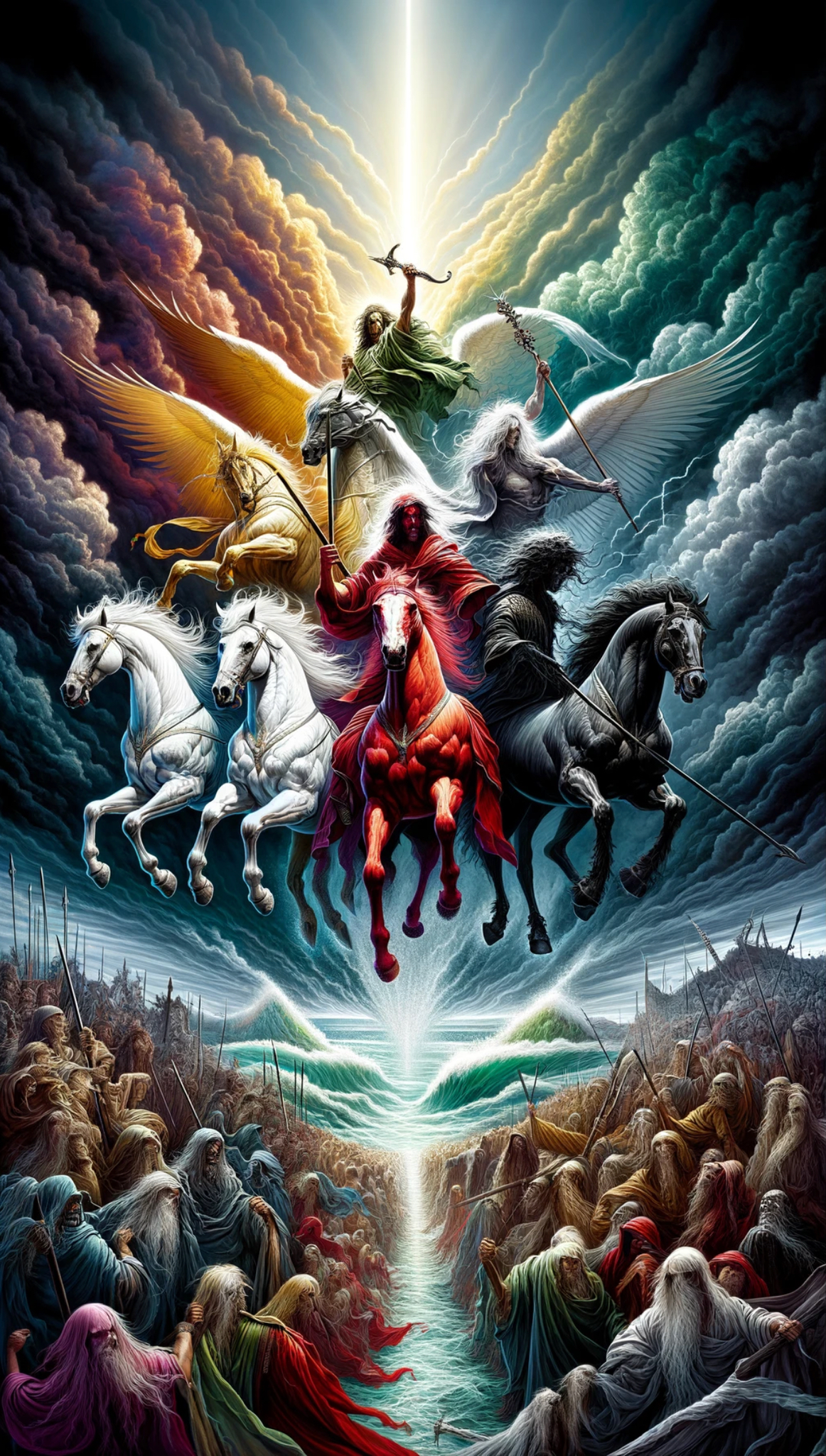
Jesus lived and died at a critical period in the development of the Roman Empire. He spoke from the point of view of those who lost out under empire, exposing the underlying institutional violence that was held in check by the ‘scapegoating’ mechanism. And it was the Roman Empire that executed him, recognizing the danger of his subversive message.
We still live in an age of empire, so Jesus’ message remains counter-cultural in today’s world. That is why the Book of Revelation, written to urge the early Christian communities in the Roman province of Asia (modern Turkey) not to succumb either to the fear of reprisals or the seductive charm of commerce, has great relevance to all followers of Jesus today.
This eight-part course explores different aspects of this most challenging of all the books of the New Testament in terms that are relevant to life in the early twenty first century.
Study 1 - Making Sense of the Book of Revelation.
If we are to make sense of this enigmatic book that sounds so strange to our ears, we first need to motivate ourselves to make the effort to understand it. This first course seeks to do that by encouraging us to watch Yale University’s wonderful film ‘Journey of the Universe’ (www.journeyoftheuniverse.org) so as to situate the books message in the broader sweep of human history. If we accept that our current worldviews and ways of living pose a serious threat to life on earth, then the critique of the Roman Empire offered by the Book of Revelation is worth taking seriously.

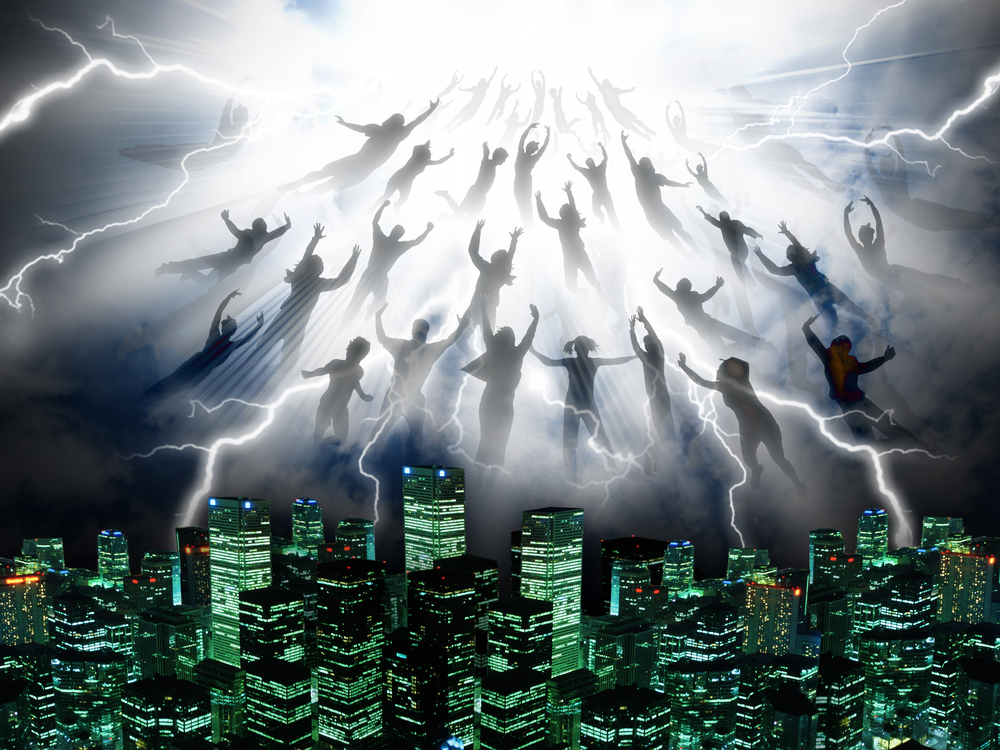
Study 2 – Apocalyptic Literature
It is difficult enough to make sense of books written 2000 years ago, when our knowledge about cosmology and the nature of the world was very different than it is today, but in addition to that there is a lot of confusion about at least 3 different things – each of which is associated with a long, scary word.
- What kind of a book are we reading? (Apocalypse)
- Where do we get knowledge and wisdom from? (Apocalyptic)
- How do we believe God will “put things right”? (Eschatology)
Study 3: Revelation and Roman Asia
Near to the beginning of the Book of Revelation, the author writes, “John to the seven churches that are in Asia” (Rev 1:4 NRSV) ‘Asia’ at that time meant the Roman Province of Asia, the Western part of the modern country of Turkey. So to understand the significance of the book, we must know something about the Roman Province of Asia and the context it created for the fledgling churches to which ‘John’ is writing.
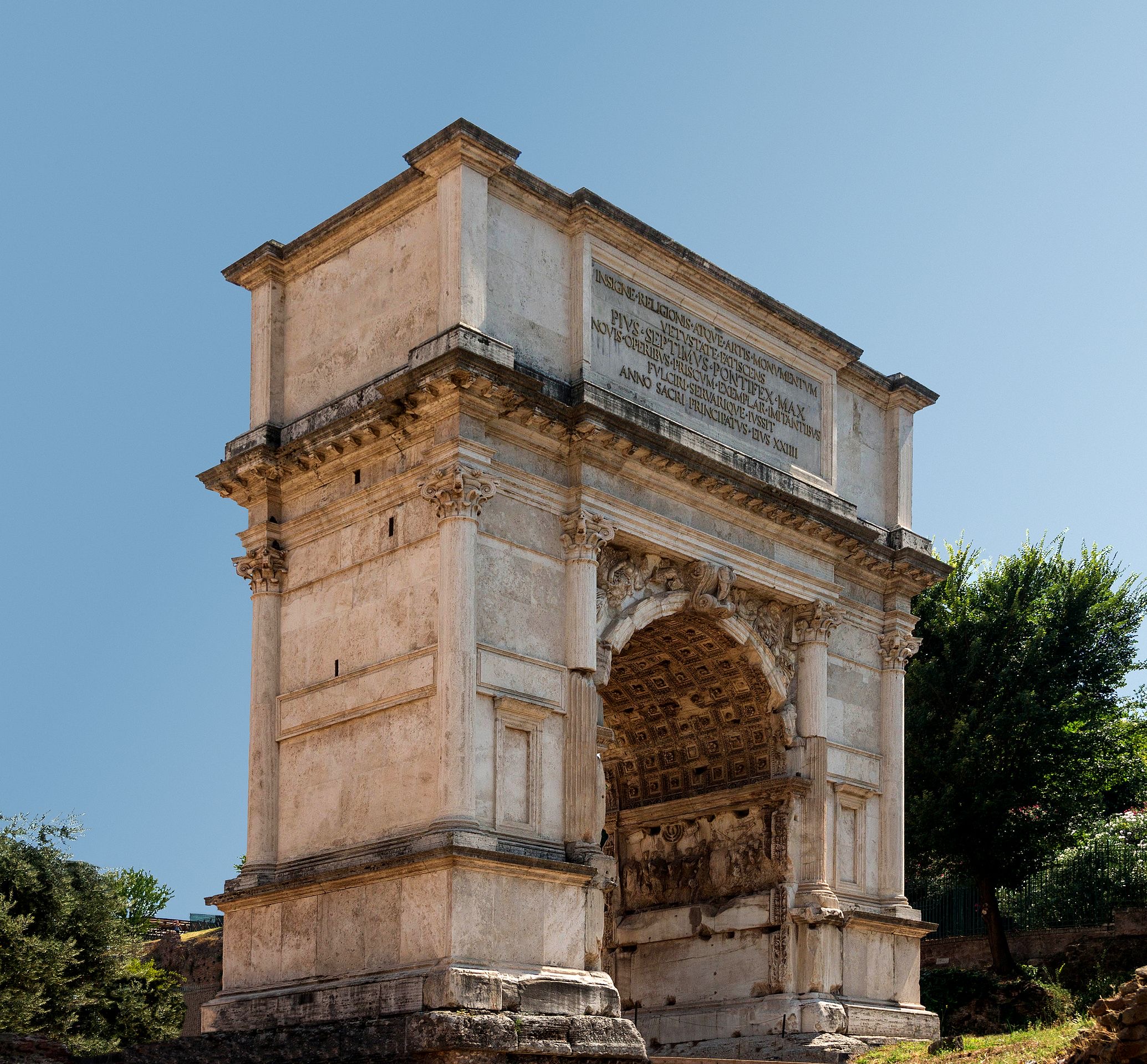

Study 4: Time and Place in Revelation
In common with all writing at the time, Revelation assumes a three-tier cosmology, with heaven ‘above’ the earth and events on earth having counterparts in heaven. It is also written with a distinctive sense of time and place in which all future events are implicit in an ‘enduring present’, and heaven and earth co-exist in the same place at the same time. Rather like a ‘Magic Eye’ stereogram – you can see clearly if you adopt the correct perspective.
Study 5: Violent Text and Peaceful Resistance
It’s hard to reconcile the Jesus of the ‘Sermon on the Mount’ with the portrayal of Jesus at the second coming in the Book of Revelation. How can we make sense of the violence described in the Book of Revelation? Even after Jesus, are we to see God once more as the angry, violent God who orders the destruction of the Canaanites in the Old Testament?
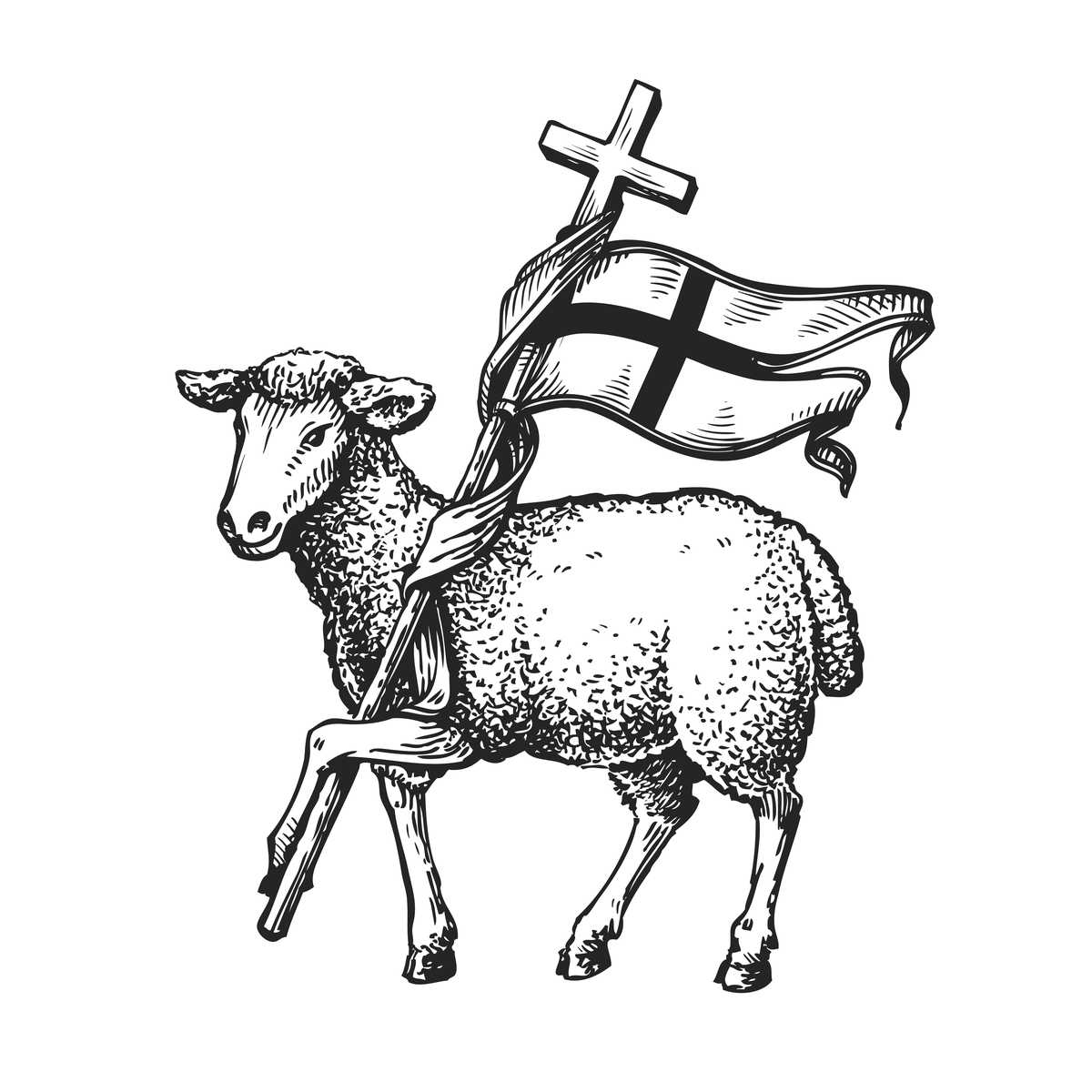
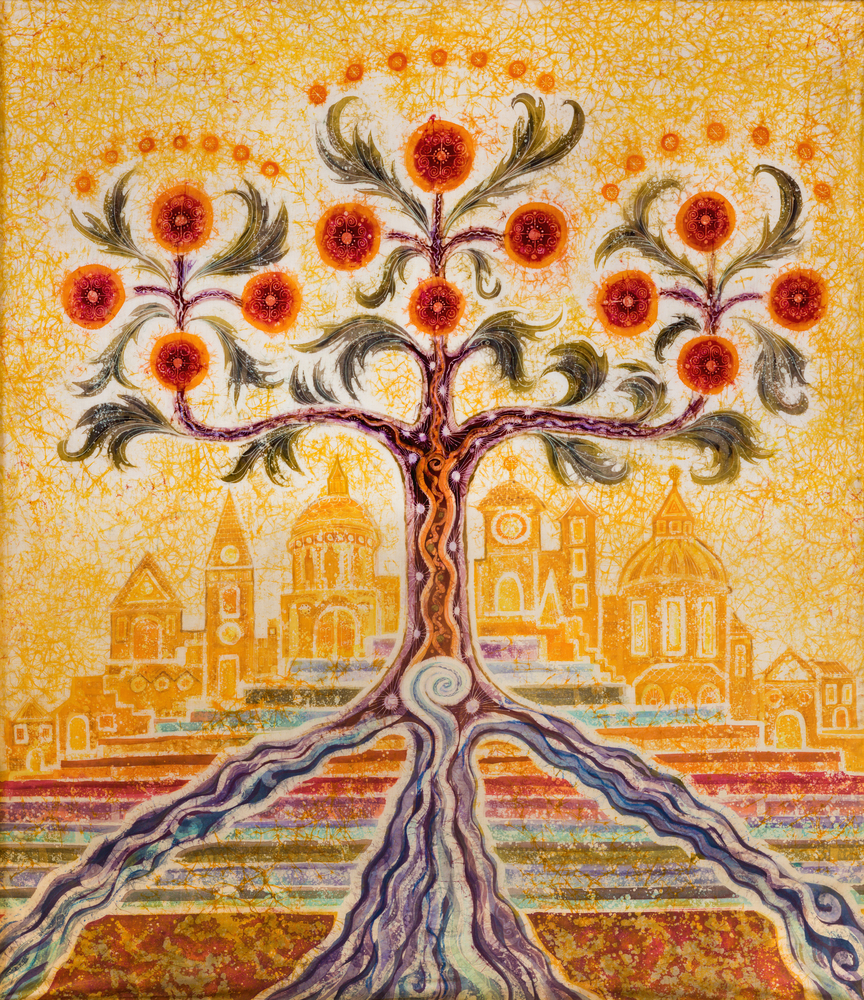
Study 6: The City of God
The Bible’s first book may describe humanity’s origins in a garden, but its last book most emphatically envisions humanity’s destiny in a City. The new Jerusalem, however, is very different from Memphis, Babylon, Rome or even Jerusalem, Unlike such cities, which could reasonably be described as the mother of civilization and the father of Empire, the City of God stands at the centre of a new heaven and a new earth and is the place where God lives among humanity. Since more than 50% of humanity lives in cities today (and even more in some form of built environment that includes towns and villages) Revelation expresses spiritual realities that have relevance to life in the twenty first century.
Study 7: The War of Myths Between Revelation and Rome
Myths make a significant contribution to the way that we make sense of the world, often without our being aware of what is happening. The writers of the New Testament found it necessary to contradict the powerful nexus of myths that underpinned the culture of the Roman Empire, and seek to replace them with myths drawn from Judaism as re-interpreted by Jesus and divinely endorsed through his resurrection. None more so than the author of the Book of Revelation.
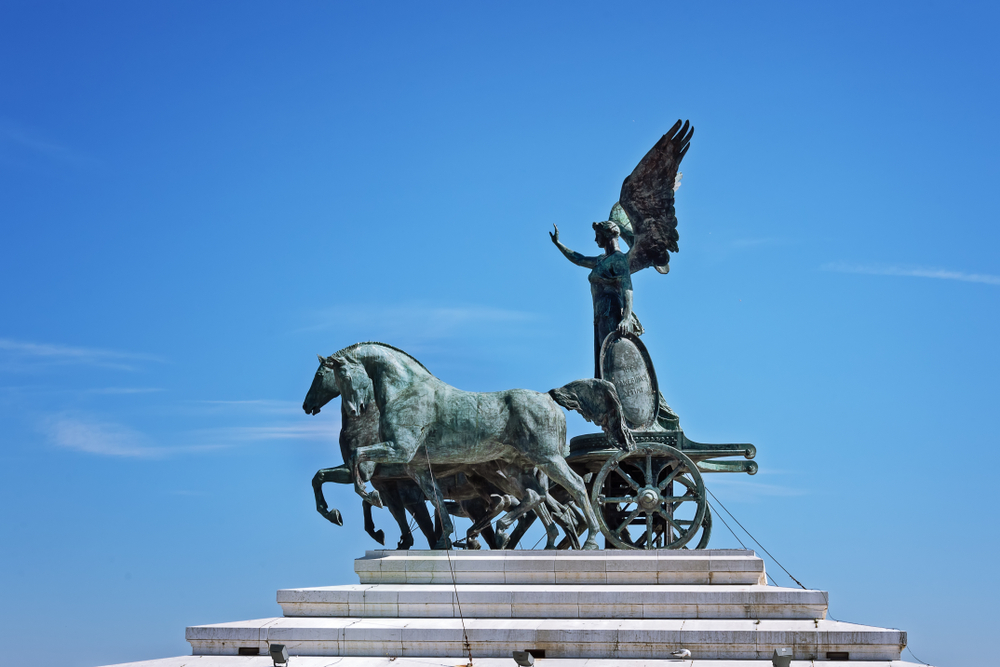

Study 8: Coming Out of Empire Today
The Book of Revelation urges all followers of Jesus to ‘Come Out of Empire’, by witnessing faithfully to the risen Christ and by remaining faithful in worship to the Creator. Good advice, but in today’s complex and pluralist society that isn’t enough. Some churches themselves have fallen prey to the empire’s seductive promises of health, wealth, security, status and power. What is needed is nothing less than a new, shared story leading to a new blueprint for learning together, throughout our lives, from birth to death, developing our capacity to think anew, do better and take care of each other as a mutually enhancing presence for the Earth community.

